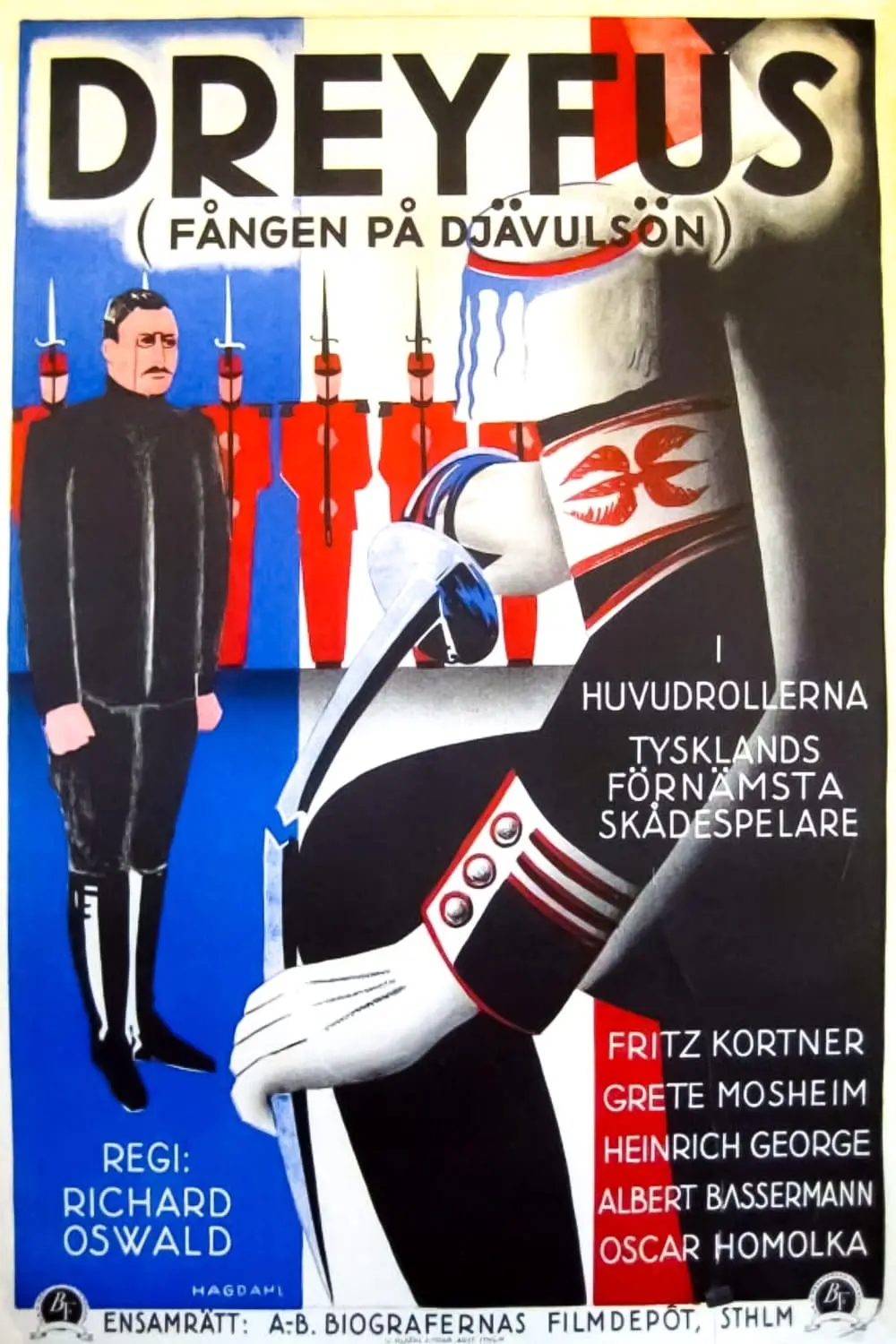In a tumultuous France at the end of the 19th century, an army officer named Alfred Dreyfus becomes the center of a monumental scandal that shakes the nation. After being unjustly accused of treason and espionage on behalf of Germany, Dreyfus, a Jewish member of high society, faces the brutality of a biased judicial system and the stubbornness of the army, which clings to the idea of his guilt.
The narrative follows Dreyfus's harrowing journey as he is convicted without solid evidence, in a trial that reflects deep-rooted anti-Semitic prejudices and mistrust of foreigners in a time of socio-political tensions. As the story unfolds, Dreyfus's defenders, including his brave wife and influential intellectual figures like Émile Zola, mobilize to uncover the truth behind this disgraceful miscarriage of justice.
Tension escalates when Zola publishes an incendiary letter that challenges the corruption of the army and calls for justice, igniting public debate and unleashing a wave of protests. Along the way, moral dilemmas and struggles for integrity and truth emerge, prompting us to question the role of duty, nationality, and justice. With a vibrant historical backdrop, Dreyfus's story becomes a symbol of the fight against oppression and anti-Semitism, resonating to this day.
